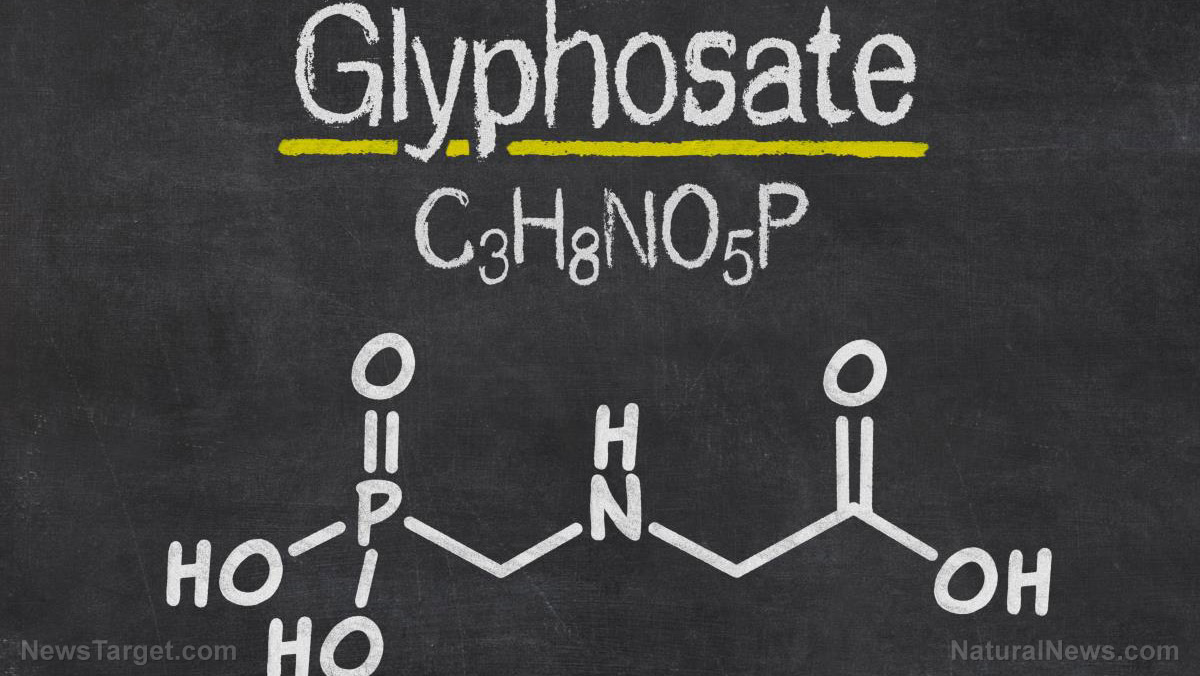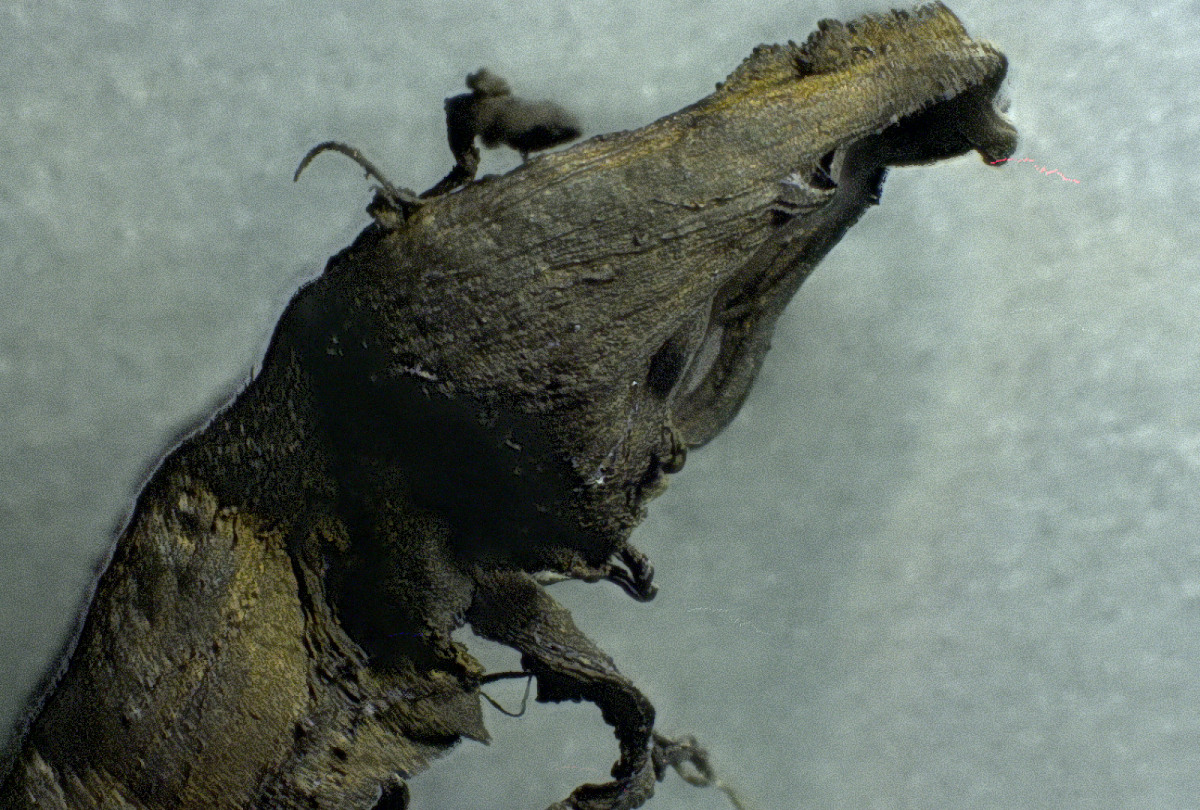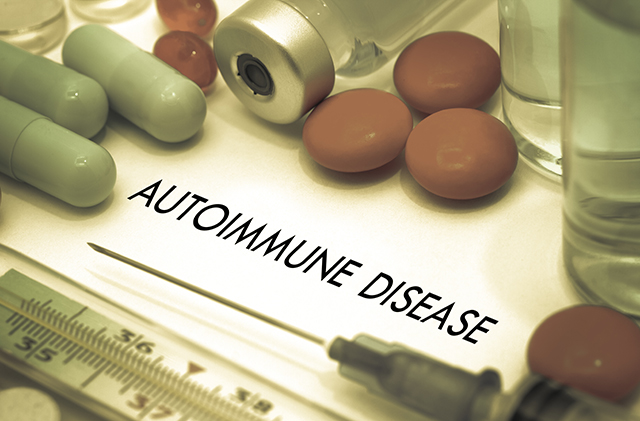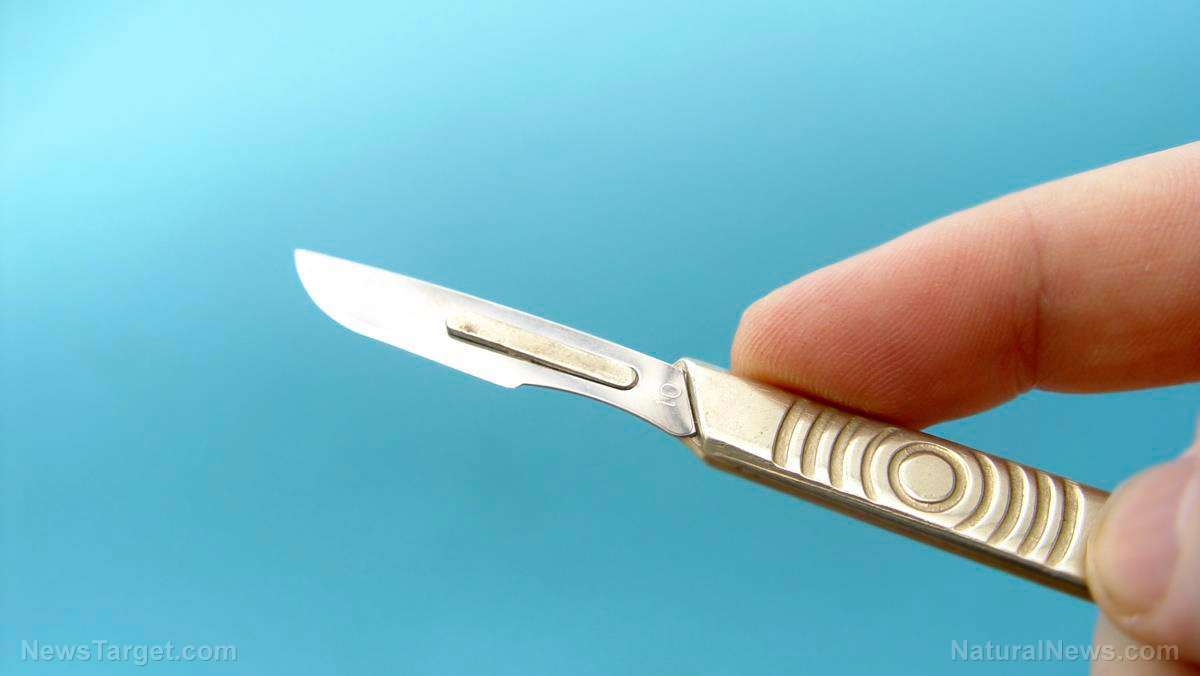Eye health and poor nutrition: A high-fat diet may be linked to vision problems later in life, warn scientists
11/06/2020 / By Divina Ramirez

It turns out, a diet high in fat can not only raise a person’s risk of obesity but also their risk of going blind later in life.
In a recent study, researchers from the University of Southampton in the U.K. found that a high-fat diet affects the ability of retinal pigment epithelial (RPE) cells to adjust to changing conditions in the eye as it ages. In the long run, this disruption can result in extensive damage to the retina and loss of vision.
These findings, published in Molecular Nutrition & Food Research, offer insight into how RPE cells cope with oxidative stress due to high intake of red meat — which contains high levels of cholesterol and saturated fat — and processed foods rich in sodium and sugar.
Poor nutrition could lead to vision problems
Age-related macular degeneration (AMD) is a leading cause of irreversible vision loss in the U.S. and in many other developed countries.
Scientists initially thought that only genetic risk factors influenced the pathology of the disease. But recent studies are beginning to shed light on how diet influences the pathology of AMD as well.
Dietary intake of fatty foods has been found to cause oxidative stress in the body. If left unchecked, oxidative stress can damage cells and proteins. In turn, these adverse effects can contribute to aging or trigger chronic diseases and age-related conditions like AMD.
To understand the effects of oxidative stress caused by poor nutrition on RPE cells — the cells that help maintain lifelong vision — the researchers used hydrogen peroxide and bafilomycin A1 on ARPE-19 cells to induce conditions of oxidative stress and impair lysosomal acidification.

ARPE-19 is a human RPE cell line widely used to study retinal cell biology. Lysosomal acidification, on the other hand, is an important feature of healthy cells. Impaired lysosomal acidification is usually linked to aging and neurodegenerative diseases.
The researchers found that the presence of oxidative stress affected how RPE cells regulated the transport of nutrients and waste products to and from the retina. Oxidative stress also affected how RPE cells adjusted to changing conditions in the aging eye.
In turn, this affected the ability of RPE cells to protect the eye’s photoreceptors — the cells in the retina that respond to light — from excessive light and free radicals. Without ample protection, photoreceptors are likely to die. The death of these cells is the ultimate cause of vision loss in AMD and other retinal conditions.
Overall, the findings shed light on how poor nutrition can cause changes at the cellular level that contribute to the onset of AMD. The next step, according to corresponding author Arjuna Ratnayaka, is to find out whether damage to RPE cells can be reversed through good nutrition, and if the damaged RPE cells can be rescued.
Poor nutrition linked to AMD
In another recent study, researchers from the State University of New York at Buffalo sought to determine the possible influence of dietary patterns on AMD risk. To this end, they studied the diets of almost 1,300 participants over 18 years. They adjusted for age, race, level of education and smoking status.
Their results revealed that participants who ate a diet high in red and processed meat, refined grains and fried foods were three times more likely to develop AMD. Interestingly, these foods are typical of a Western diet. (Related: The typical Western high-fat diet causes cancer to metastasize faster.)
There is no known mainstream treatment for late-stage AMD. “It is in our best interest to catch this condition early and prevent [the] development of late AMD,” said lead author Shruti Dighe.
Meanwhile, from a public health standpoint, senior author Amy Millen said that people with early AMD ought to cut back on processed meat, fried foods, refined grains and high-fat dairy to preserve their vision.
For more articles on how to take care of your eyes, visit EyeHealth.news.
Sources include:
Submit a correction >>
Tagged Under:
age-related macular degeneration, aging, disease causes, eye health, high-fat diet, oxidative stress, poor nutrition, processed meat, red meat, research, retina, vision loss
This article may contain statements that reflect the opinion of the author




















